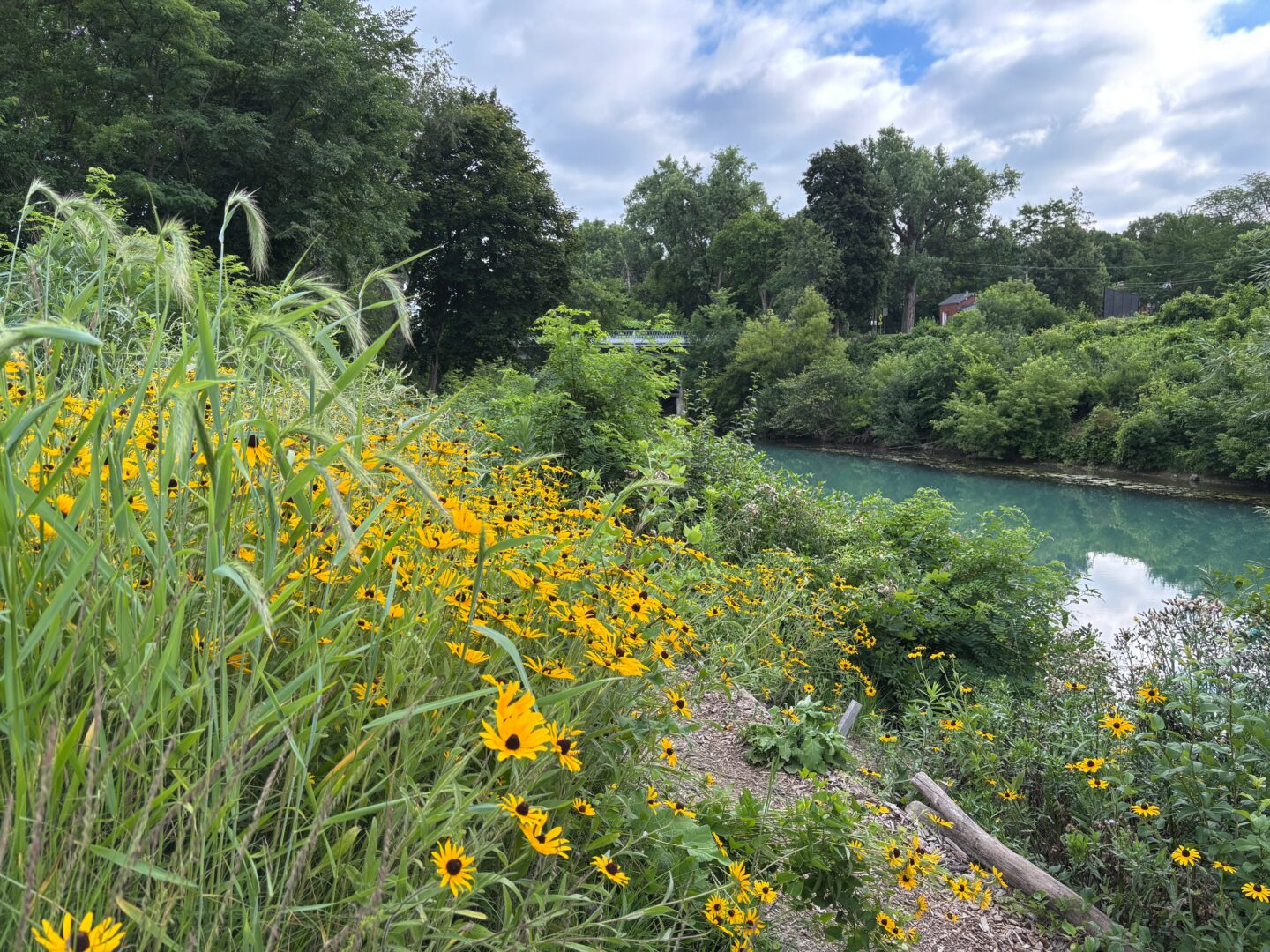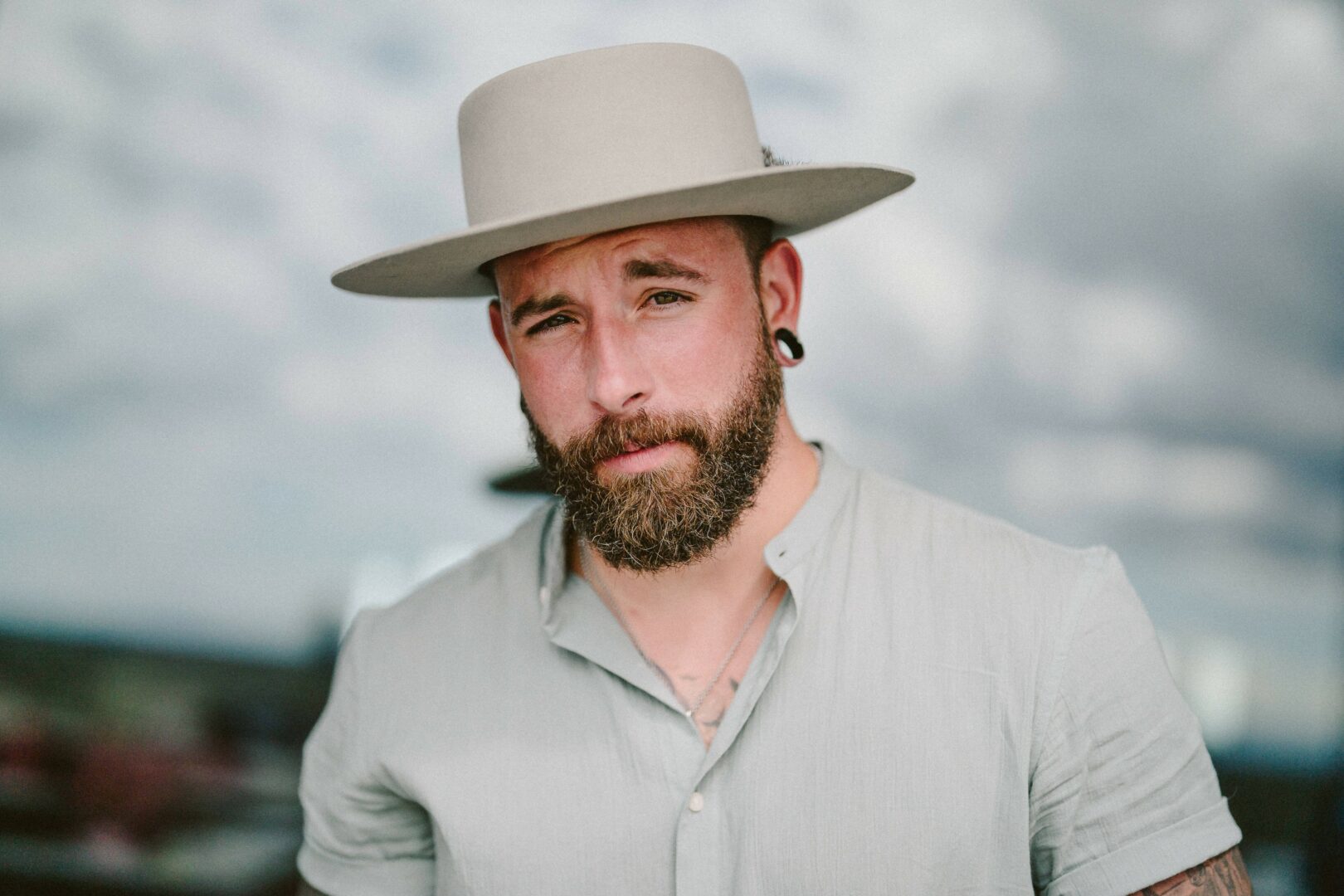Learning from one another is what BoldJourney is all about. Below, we’ve shared stories and insights from phenomenal artists, creatives and entrepreneurs who’ve successfully managed to overcome imposter syndrome.
Donette Ambrosy
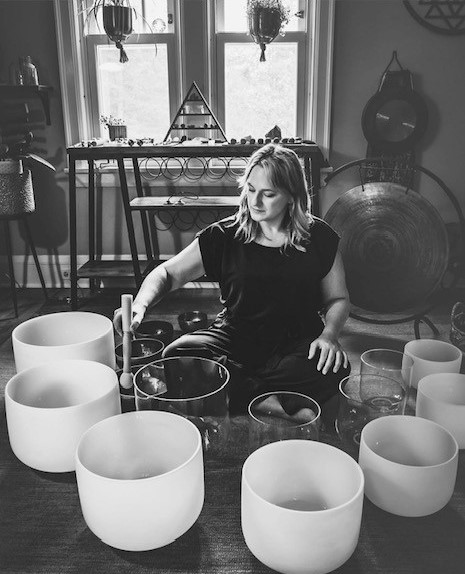
Once it became clear to me that I wanted to pursue training as a Sound Therapist, I was hesitant at first to actually tell anyone or commit fully to the idea, because I simply didn’t see myself as a “healer” or anyone with special gifts. At the time, Sound Therapy was on the cusp of exploding in the United States, but it was still largely unknown to a lot of my friends and family, and I feared they would dismiss it as “woo-woo.” It took some really special people in my life to encourage me and champion the idea that I should listen to my calling. Read More>>
Poojitha Palaniswamy

Everyone struggles with some imposter syndrome when they start, but for five high school girls making posts from our computers at home and working with other kids, it was easy to feel as if we didn’t have the true capability to make a difference. We weren’t experts. We didn’t have massive platforms or years of experience. Read More>>
Ella Peters

Growing up as the only girl in my family who skied, and often the only girl in my friend group or ski crew, I was used to navigating male-dominated spaces from an early age. Teaching ski school, I was one of the only female instructors, and later at CSU, I became the first woman to serve as backcountry officer for our outdoor club, a role traditionally held by men. I rarely saw other women participating in these events, which only fueled my desire to show other girls that we belong here too. Read More>>
Jennifer Decker
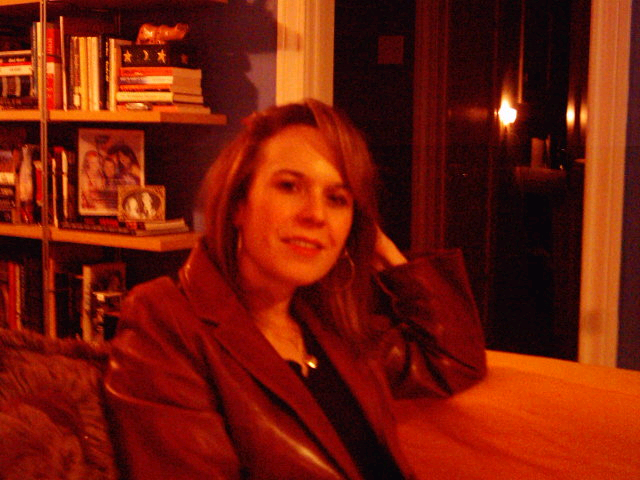
I was so relieved when I learned that imposter syndrome was a real thing—and that it wasn’t just me who worried I wasn’t good enough. When I started my company, I had acting experience only, and everything it took to run a theater company, I had to figure out on my own as issues came up. I really had no help or mentor through any of it. Read More>>
Talese Nicole

For a long time, I let that ‘who do you think you are?’ voice stop me from going after things. But therapy helped me realize I’m actually someone who’s kind, resourceful, and has a real gift for storytelling. I love helping people, and keeping all of that to myself wasn’t just fear—it was a disservice. Now I try to show up fully, even when doubt creeps in. Read More>>
William Kalatsky
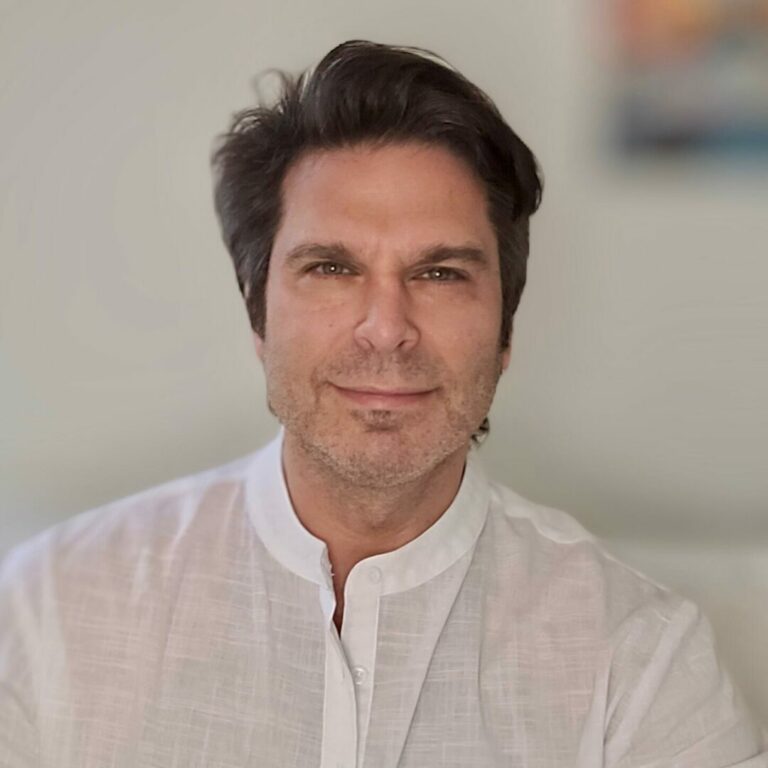
For a long time, I didn’t even know what I was feeling had a name. It was just this quiet inner voice that would show up before a talk, a healing session with certain people, or even while writing or being interviewed on a podcast—“Who are you to be doing this?” It wasn’t fear of failure. It was more subtle than that. It was the fear of not being enough.
And ironically, that voice didn’t care that I’d already written a number of books, led workshops around the world, developed The Intuition Method, helped people relieve migraines, clear trauma, or show others the shortcut to manifest what they want. Imposter syndrome doesn’t respond to achievements—it’s rooted in something deeper. It’s a frequency, not just a thought. Read More>>
Holly Brocato
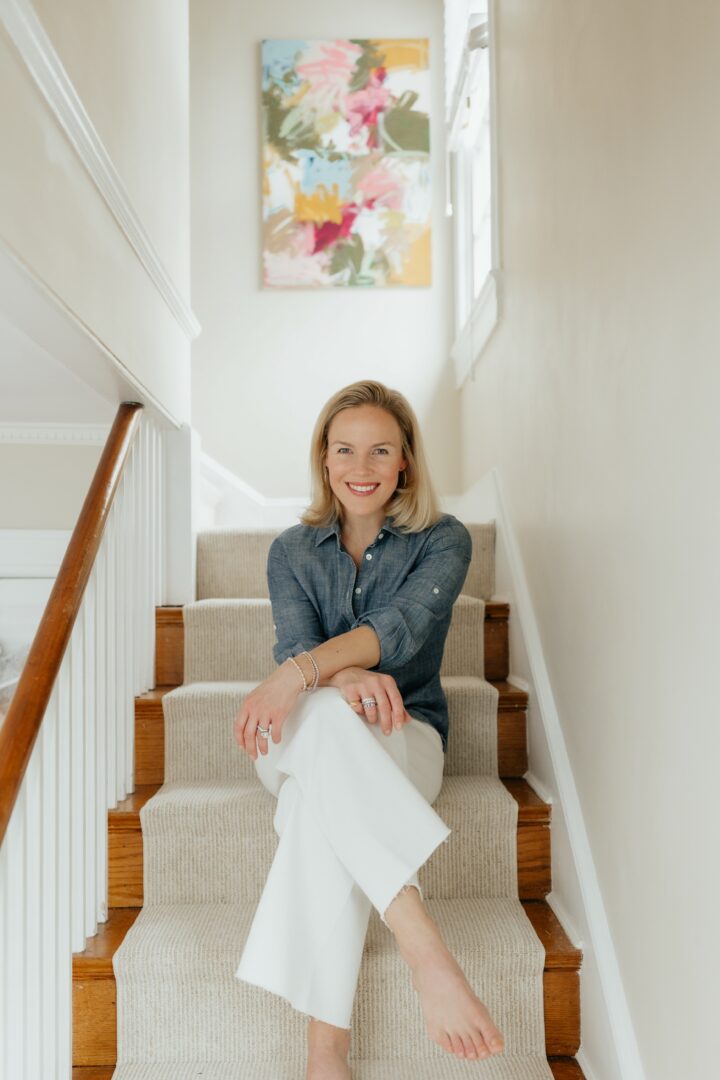
I’ve had to make a conscious decision that I belong in this space. Being an artist opens the door to plenty of criticism that can feel personal; and doubt creeps in hard and fast. And being self-taught brings about a whole new level of insecurities. But I truly believe that everyone is a creative if they allow themselves to be vulnerable. I follow other artists on social media that are open about their journey which helps validate my feelings – good and bad! Read More>>
Em White

Imposter syndrome is tough—and to be honest, it doesn’t completely go away. There are still moments of doubt here and there, but when they do show up, I’ve learned one the best ways to address those moments are to use them as a signal to pause, reflect, and get intentional about how to move forward. Read More>>
Hira Khan
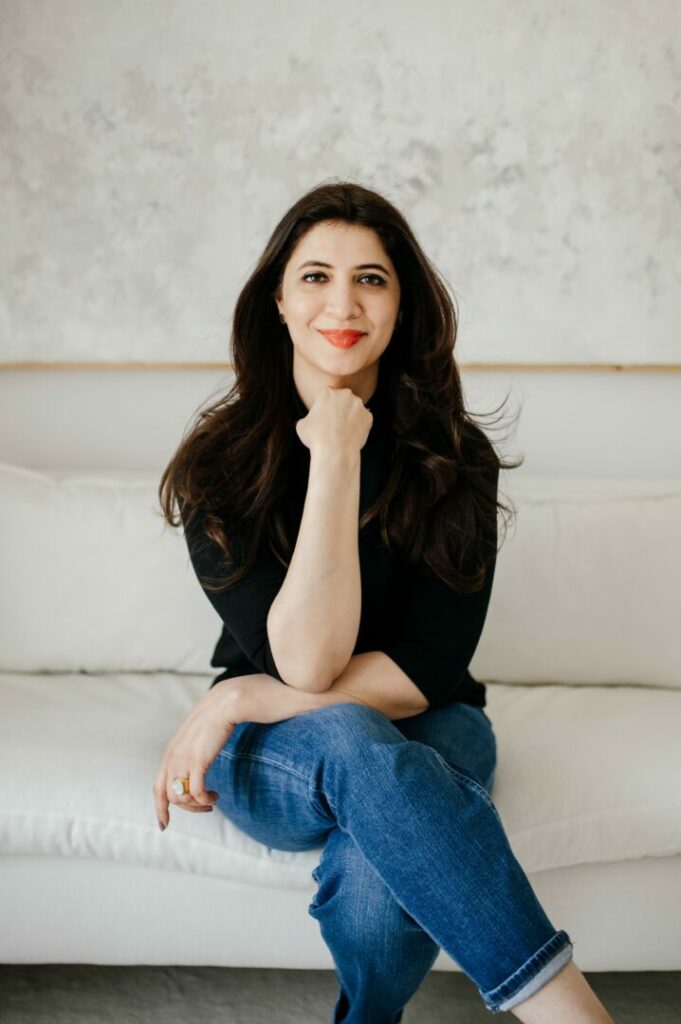
Imposter syndrome has been like a quiet voice, always asking, ‘Are you sure you belong here?’ Every time I stepped into a new space — as a coach, a speaker, a woman rebuilding her path — I’d hear it.
For a long time, I believed that voice. I overcompensated. I under-celebrated. I kept showing up, but never fully as me.
Then something shifted. Clients began telling me they were in awe of my work. Fellow coaches shared how much they admired what I’d built. But I couldn’t see it — not after years of internal doubt. It was like I’d been trained to downplay myself. Read More>>
Grace Gonzalez
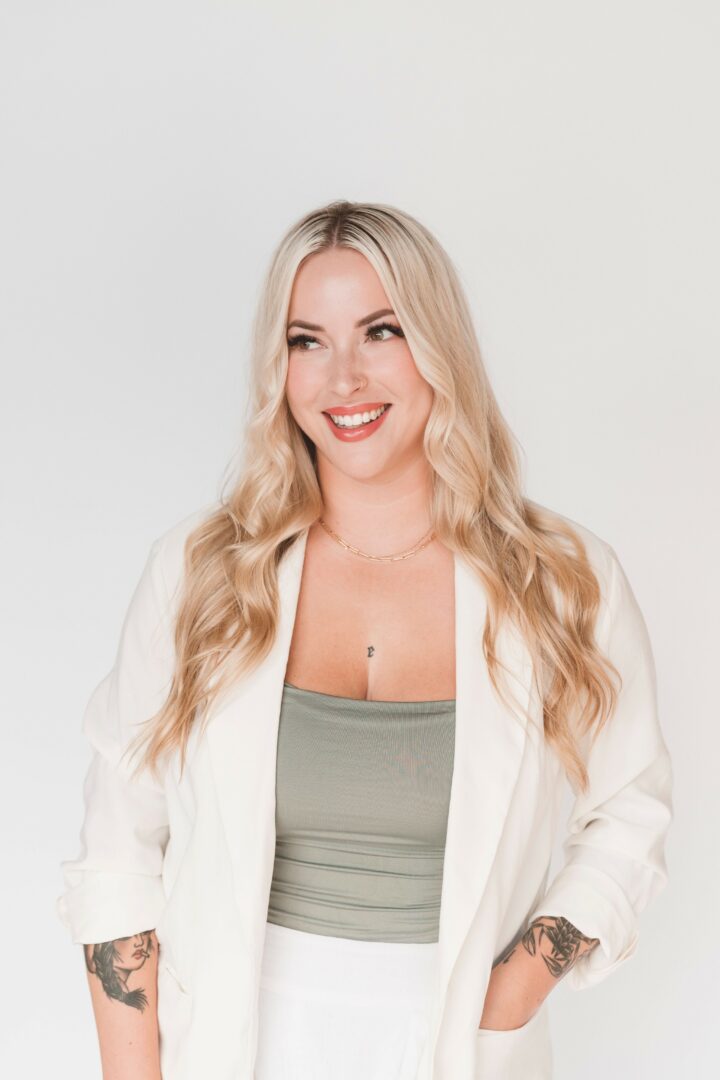
I spent the early part of my professional career climbing the ladder in sales, retail, and eventually tech — often in male-dominated spaces where I constantly felt I had to prove not only my capability, but also justify the way I led with empathy. I became known as the “team mom” — the one everyone came to for advice, emotional support, and guidance. While I was proud to lead and uplift others, especially young women just starting out, it began to feel like I was breaking myself into smaller, digestible pieces to make my value more palatable for corporate culture. Read More>>
TAJ MAHAL
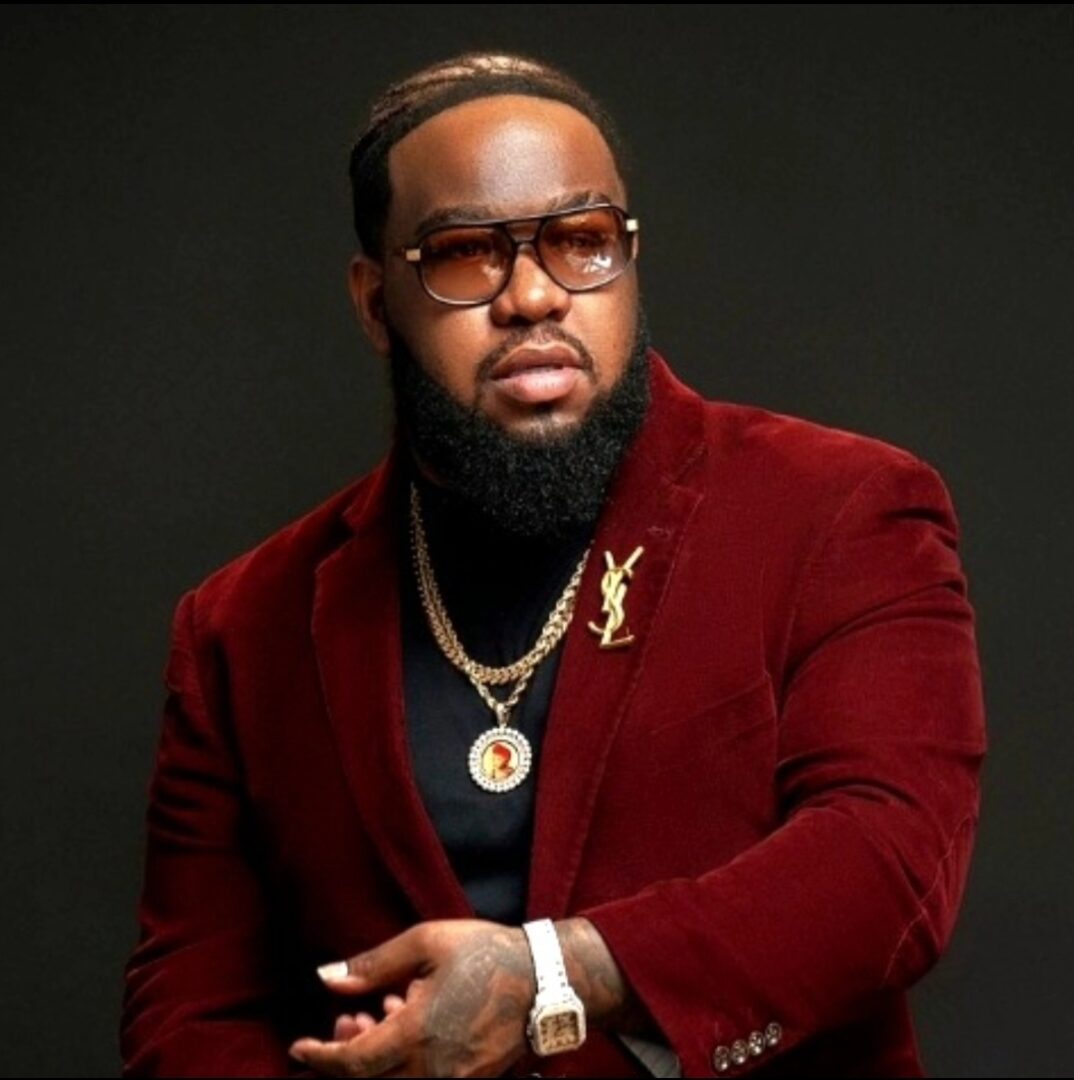
When I realized it was a lie…
When I came into an inner-standing that I was never designed to impress — I was designed to impact,
Everything shifted. I let go of the illusion of perfection and bought into the power of progression.
Perfection says: “Don’t mess up.” Progression says: “Let’s grow.” Read More>>
Marrielle Monte
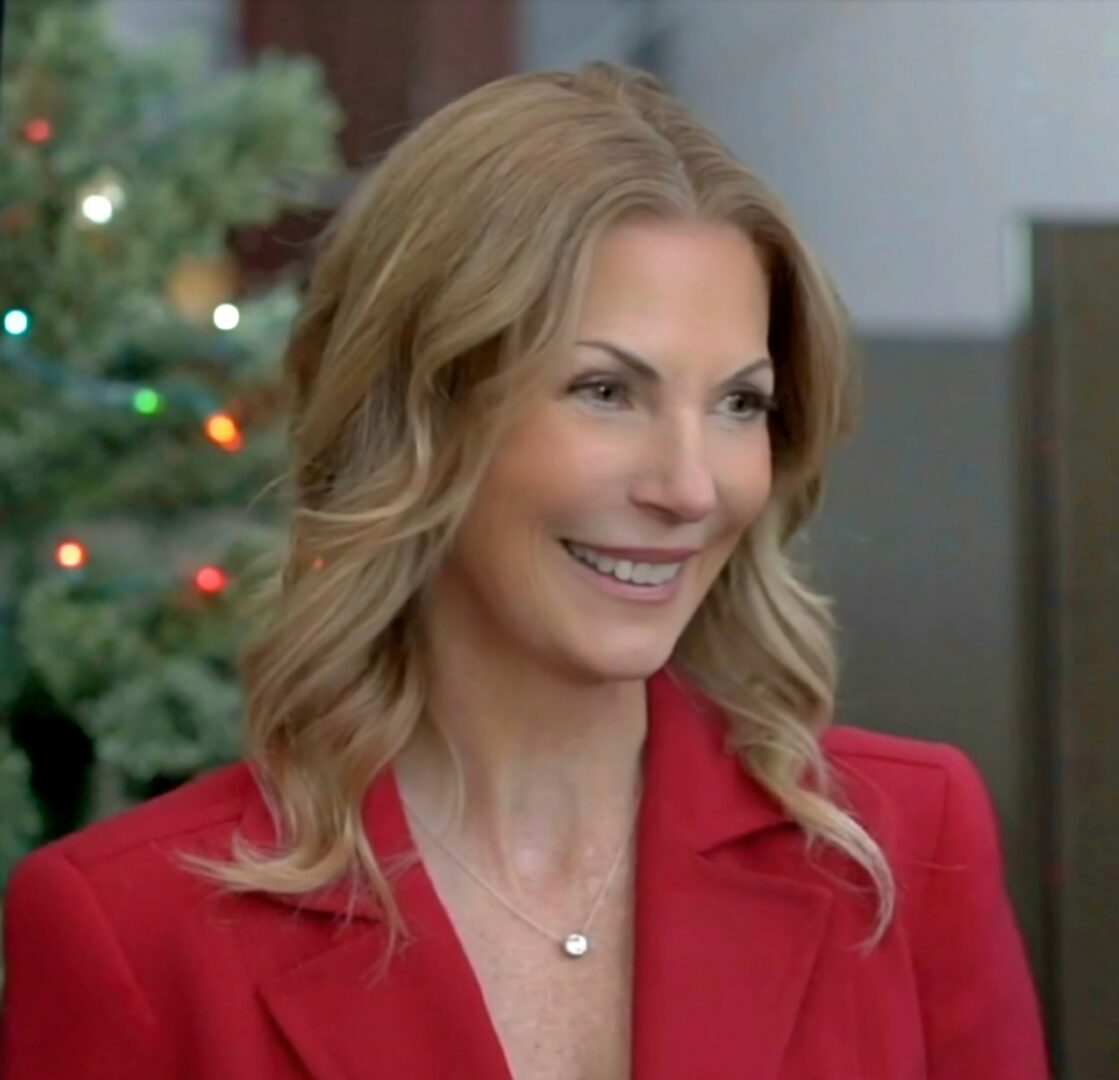
Overcoming imposter syndrome is definitely a journey with a lot of layers. Our brains are wired to keep us safe, so it’s totally normal for negative thoughts to pop up and sometimes hold us back.
I remember when I was writing my first children’s book—I was so excited to create something that would inspire kids to see their own potential. As a mom and a creator, I wanted to help children realize they could talk to themselves in a positive way, something I saw so many elementary-aged students struggling with. But even with all that passion, imposter syndrome crept in. That little voice in my head kept whispering, Who are you to do this? Read More>>








